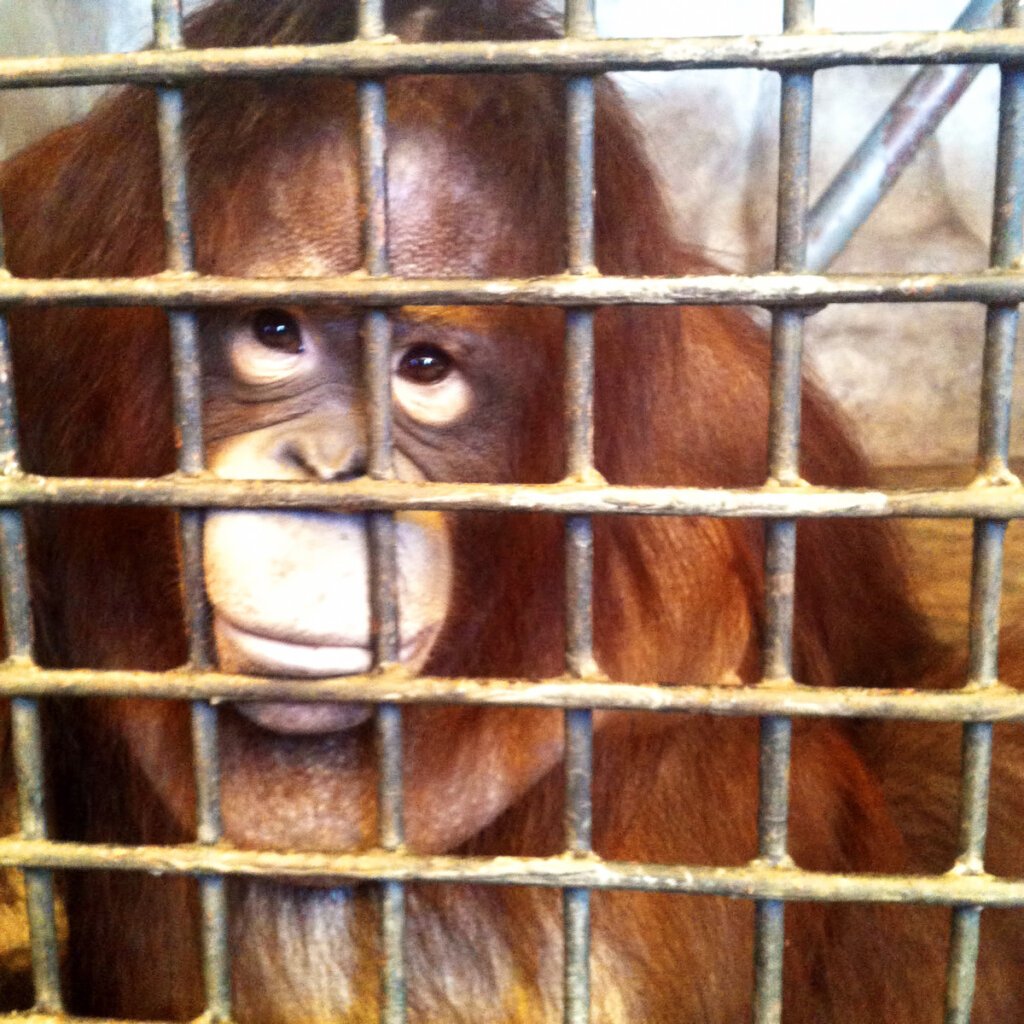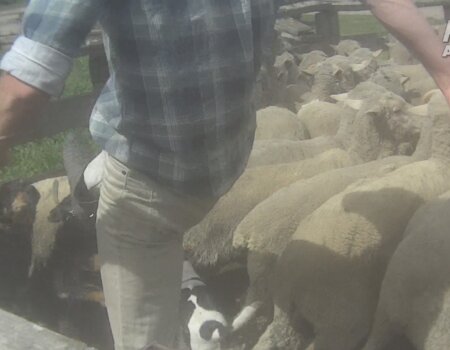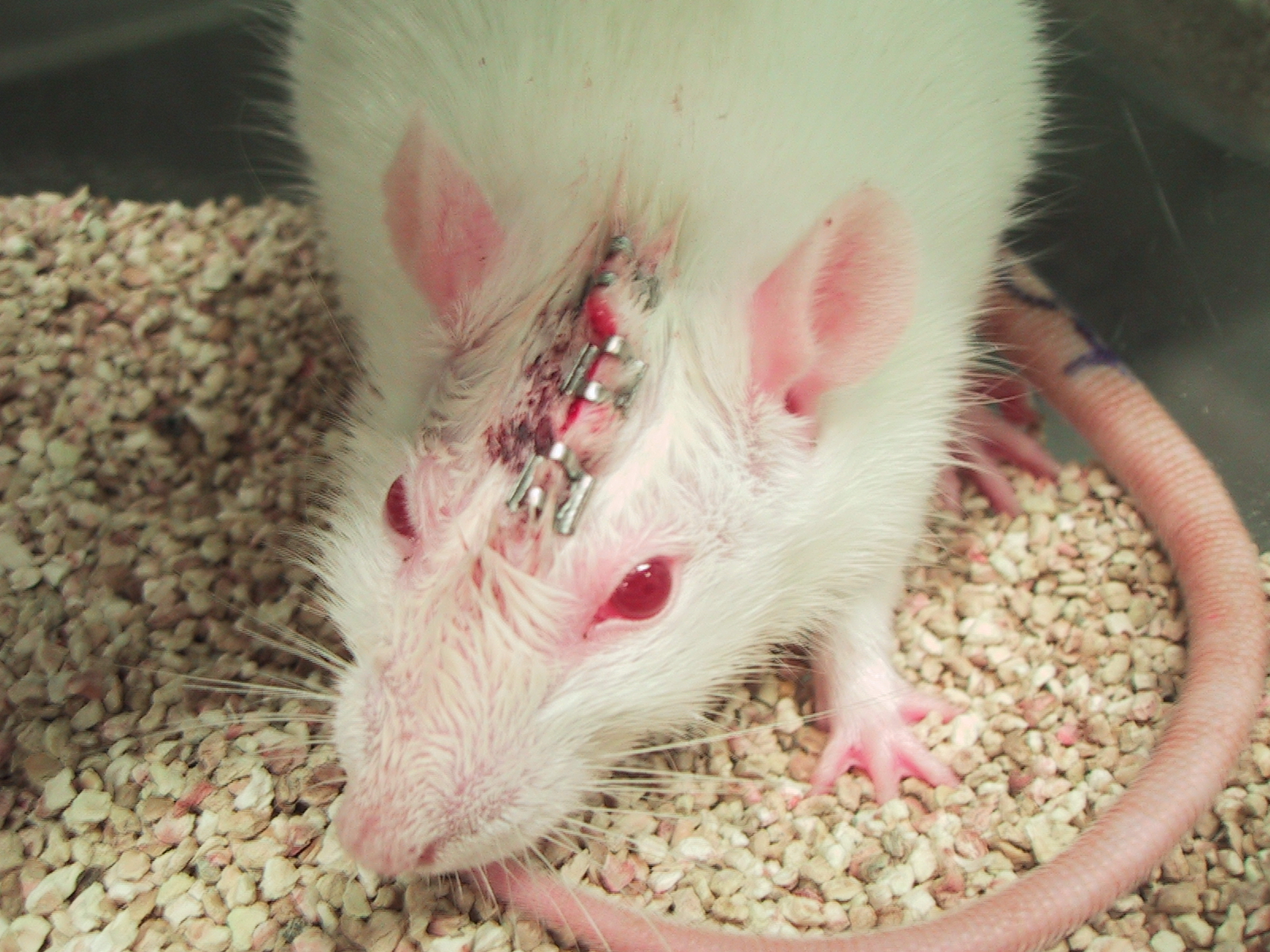
Why Harmful Animal Research Should Be Stopped
The following is a guest blog by Dr. Ian Harris, Professor of Orthopaedic Surgery at University of New South Wales.
I am an academic and active researcher with an interest in research methods and the quality of science, and I would like to make the case against animal research in which animals are harmed. I am not against all animal research, because good research can be done that does not involve harm, such as research that involves observing animal behaviour in a natural state or with minor manipulation of their environment, and some of this research can even benefit animals.
My problem is with the idea that experiments on animals somehow help humans. Animal research harms animals and rarely benefits humans, if at all.
There are three reasons why this is so:
1. Animal research does not apply to humans.
Research often cannot be replicated when jumping from one species to another. For example, animal studies showing an association between stress and coronary heart disease were not replicated in humans. Biologically, there are many reasons why findings in one species are not applicable to another (different immune systems, drug reactions, behaviour, etc.). Also, animal studies often assume “ideal” situations that do not take into account the complexities (such as other diseases, social factors and concurrent treatments) of human life and health care.
The overall failure of animal research to provide benefit to humans is covered in a 2014 British Medical Journal (BMJ) article (here).
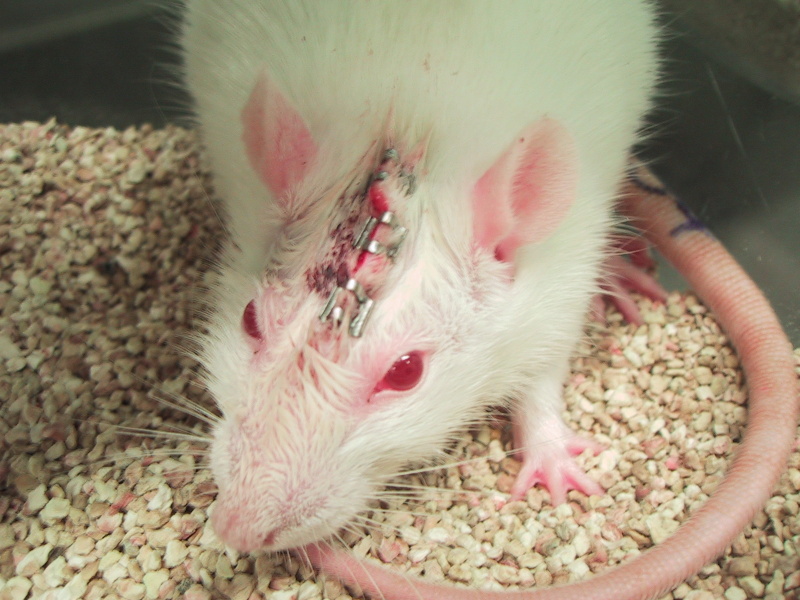
2. People ignore animal studies or don’t take them seriously.
Examples exist of animal studies that were done after clinical (human) trials had already concluded that a certain treatment was of no benefit. Other examples exist of animal studies that were done concurrently with (human) clinical trials. A good review of the lack of consideration given to animal research can be found in this 2004 BMJ review (here).
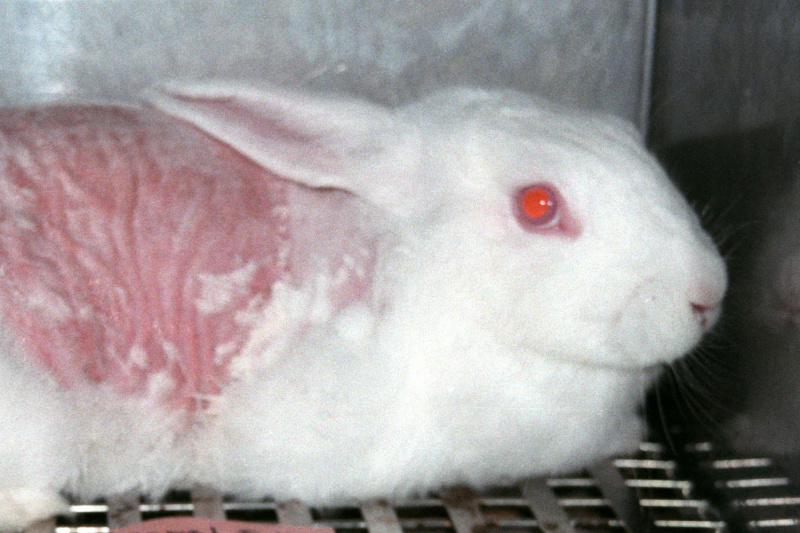
3. Animal studies are often bad science.
We tend to consider studies done in a laboratory (often by people in white coats) to be scientifically superior to studies done using “real-world” situations with humans. Because of the regulatory and ethical oversight of human research, it is now of a very high ethical and scientific standard. But a 2004 BMJ review (here) showed that the scientific standards demanded of clinical research are not routinely applied to animal research. The scientific standards for animal research are so poor that they can’t even be relied upon to give us good information about the animals undergoing experimentation, let alone humans.
The Bottom Line
Recent reviews (links here and here) tell us that despite efforts to improve animal research, it’s still bad. “Human benefit” is the only claim that researchers can make to justify animal research, but animal research has not benefited and is unlikely to benefit humans. Until human benefit can be strongly argued, we need to stop fooling ourselves and put a stop to harmful animal research.
Despite the availability of humane and educationally superior human-patient simulators, the Royal Australasian College of Surgeons (RACS) continues to cut holes into the throats, chests and limbs of live animals in a surgical training course called Early Management of Severe Trauma (EMST), which is offered across Australia and New Zealand.
Please help.
Help Animals in 2025: Renew Your PETA Membership!
